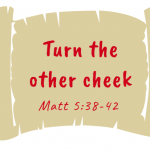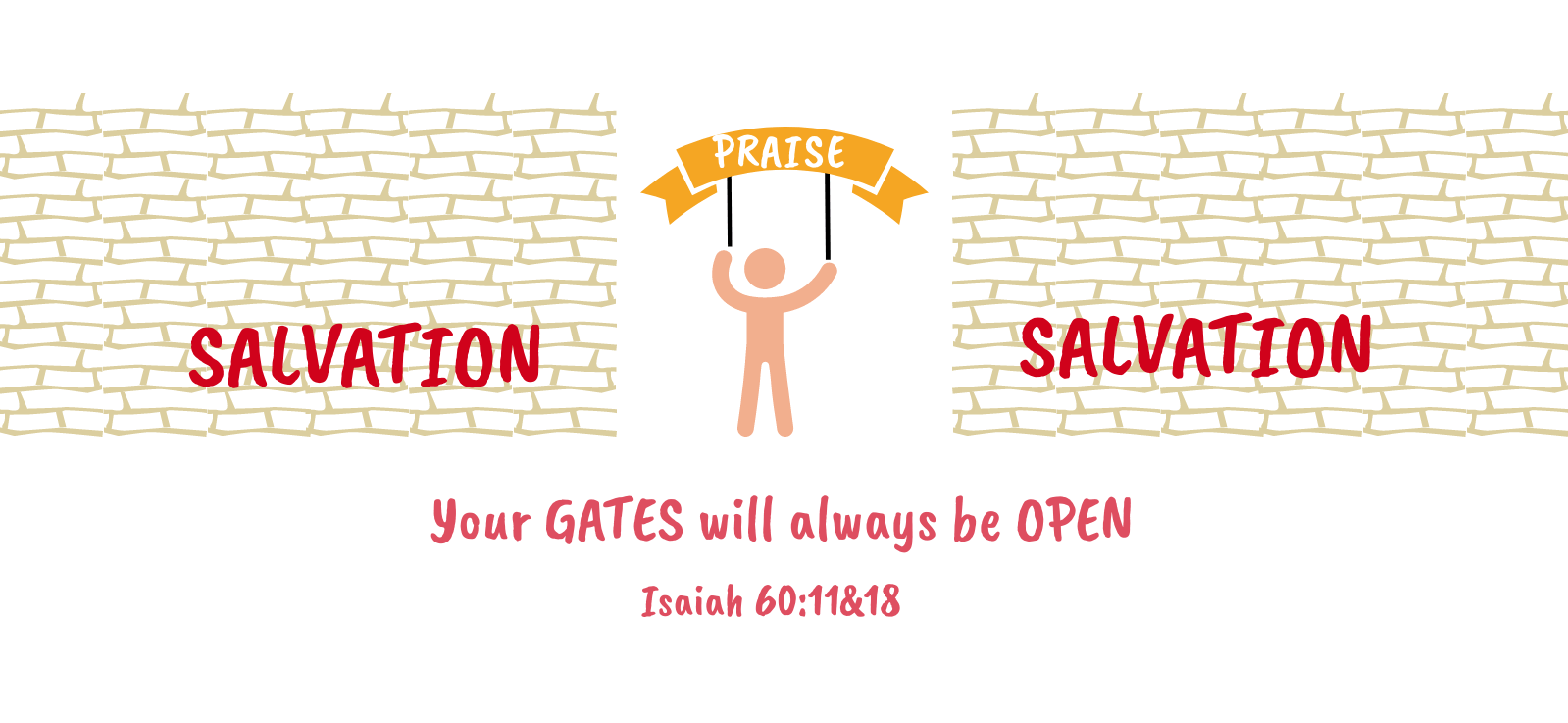Where do we turn for advice
August 20, 2019Hope – the antidote to despondency
October 31, 2019None of us likes to be judged. Jesus said: Stop judging, and you will never be judged. The standards you use for others will be applied to you – Luke 6:37. As I was reading my bible a few weeks ago, this jumped right out at me:
I have already judged the man who did this. Isn’t you business to judge those who are inside?
1 Corinthians 5:3, 12
Paul sounds adamant that he is entitled to judge and, that as believers, we also have a responsibility to judge. It looks like a direct contradiction of what Jesus said and sent me on a journey of discovery to identify principles for when it is appropriate to judge.
I started off looking at the root word used by Jesus.

It’s the same word Paul used in 1 Corinthians 5. But he also used this same word when he said “judge not” in Romans 2 and Romans 14.
As the meaning of the word translated as “judge” was the same, I went looking for more scriptures containing this word and looked at the context of the various passages in an attempt to understand Paul’s conflicting instruction. I am no Bible Scholar, but here are some guidelines I noticed.

We see the wrong others do but are blind for when we commit similar acts. Jesus tells us to remove the beam from our eyes before we attempt to help our brother with the splinter in his eye. But I do not believe he is telling us not to help our brother with that splinter of wood. Just think of how you can struggle to remove a splinter from your hand. Now imagine the pain and discomfort of a splinter in your eye. It’s easy to remove a beam, but if I have a real splinter in my eye, I sure would want and need help to remove it.
It looks to me that the purpose behind judging fellow believers, as Paul instructed in 1 Corinthians 5, is to help them get rid of specific sins that contradicts their declaration of faith in Christ:
- continue to live in sexual sin,
- are greedy,
- worship false gods,
- use abusive language,
- get drunk, or
- are dishonest.
I am starting to see a pattern. God wants us to take steps to clean up our act and to help our brothers and sisters to do the same. In Romans 14:13, Paul warns us not to place a stumbling block in the way of fellow believers.

As Christians, we cannot deserve our salvation. That is a gift we receive when we accept Jesus as our Saviour, and the Father grafts us into the True Vine. After that, He starts the process of cleaning us up and helping us to remove sin from our lives. He accepts us just as we are, but over time our lives need to change and reflect more of Christ within us. I sense Paul is saying we need to confront each other when our lives do not reflect growth into the likeness of Christ.
God’s heart is for all people to be saved and reconciled into a relationship with Him. Jesus said in Matthew 18:12-14, He would leave behind the 99 to find the one sheep that got lost and did not make it to the fold. He wants our relationship with Him to go from strength to strength and become more intimate. It is our love for each other that will testify to the world that we are His disciples.
He wants us to look out for one another.
It is in the context of looking for the lost sheep that Jesus himself gave us these guidelines in Matthew 18:15-17 in confronting fellow believers.
- If a believer does wrong, go, confront him in private. If he listens to you, you have won back that believer.
- But if he does not listen, take one of two witnesses so that every accusation may be verified by two or three witnesses. (The old testament (Deuteronomy 19:15) also required at least two witnesses of a crime before someone could be pronounced guilty)
- If he ignores these witnesses, tell it to the community of believers.
- If he ignores the community, deal with him as a tax collector or a heathen.
I have heard, seen and experienced people using this model in confronting someone who offended or hurt them. I do notice a stern warning in verse 18 to consider:
Truly I tell you, whatever you forbid and declare improper and unlawful on earth must be what is already forbidden in heaven, and whatever you permit and declare proper and lawful on earth must be what is already permitted in heaven.
Matthew 18:18 Amplified Bible
I doubt that I would always be able to discern whether something is forbidden in heaven when it involves an offence against me. Scripture stipulates a judge should be impartial, use honest scales, not play favourites, and not accept bribes (Leviticus 19:35-36, Exodus 23:8)
I can’t be objective in any matter involving myself. Maybe that is why Paul says he does not judge himself (1 Corinthians 4:3).

If someone hurt or offended me, I should follow Jesus’ advice to Peter: Forgive seventy times seven. Jesus told the parable of the unthankful servant who would not forgive his fellow servant and ended with a warning that Father would not forgive us if we would keep forgiveness from others.

In Matthew 5:38-42, Jesus turns the old testament habit of an eye for an eye on its head.
Instead of opposing evil, He says to give to everyone who asks and not turn anyone away who wants to borrow from you. But he also says to return good when someone is mistreating you: Turn the other cheek when someone slaps you through your face; give more than what someone is demanding of you; and do more for the one who forces you. It is normal to feel angry when you are mistreated and persecuted, but Jesus is saying do not retaliate. Nowhere does He say confront those who abuse you. Instead, pray for your enemies. That is a tall order.
There is another instance where Jesus said we should take the initiative in conflict, however not to assert ourselves. Instead, we should approach a fellow believer in humility, aiming to repair the breach in the relationship and restore peace (Matthew 5:23).
I conclude that in the Kingdom, it is not about my rights or comfort. Often we can feel wronged by another. However, our interpretation of circumstances and intentions are not necessarily accurate. It is only God who has a perfect vision of every situation. Therefore He alone has the right to take Revenge (Hebrews 10:30).
It reminds me of the time when Jehosophat faced three armies (2 Chronicles 20). He sent out the band and choir in front of the soldiers.

While they were praising God, He sorted out the family members who had teamed up against Jehosophat, a descendant of Jacob. These armies were the descendants of cousins Moab and Ammon (Lot’s sons) and brother Esau.
I see I am not supposed to take steps to self-protect but Trust in God while I remain responsible to look out for others. I am my brothers’ keeper.



